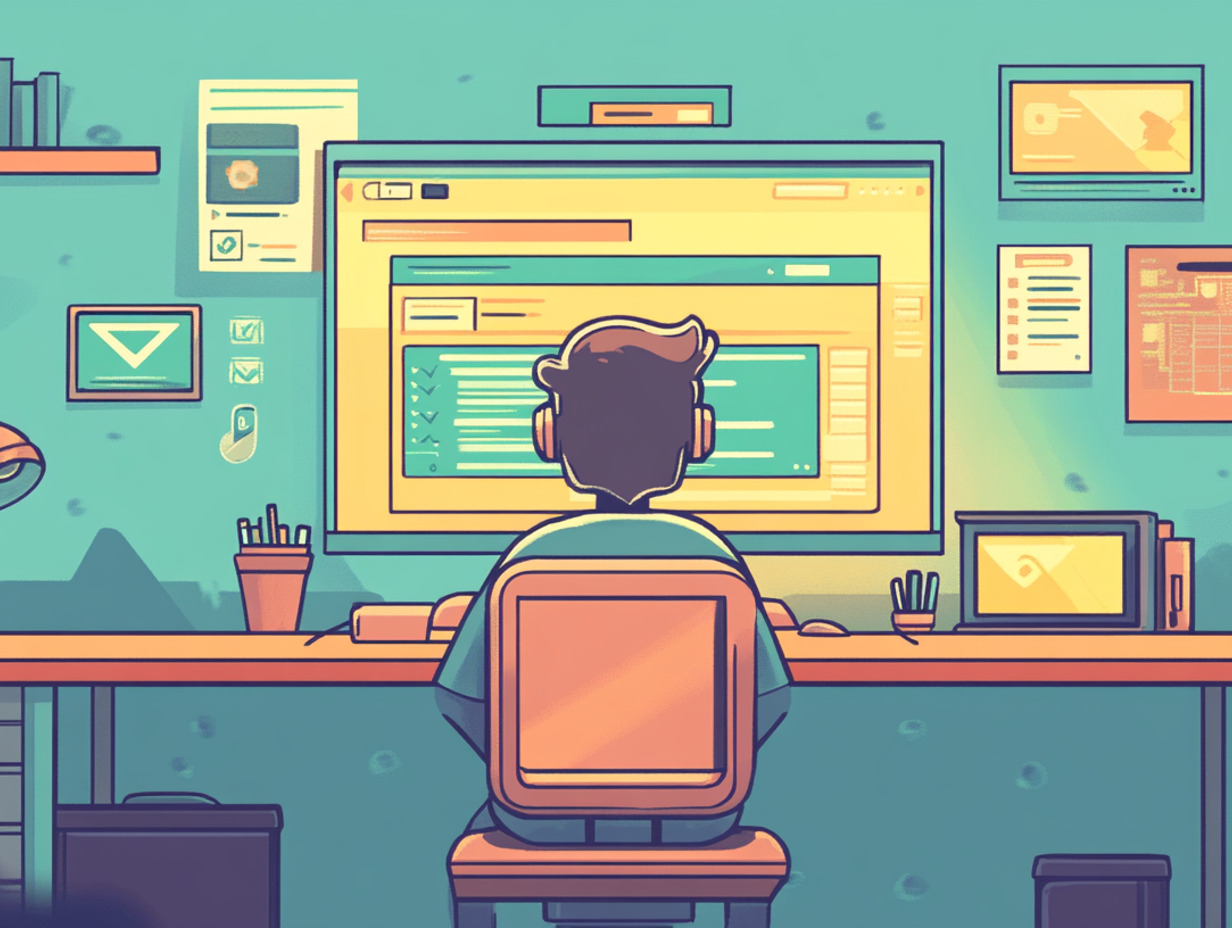
Does Laravel Have a Future?
By John | 27 Sep 24
- The Future of The Laravel Framework in Web Development
- 6 Reasons Why Web Developers Love Laravel
- 1. Strong and Active Community
- 2. Consistent Updates and Long-Term Support
- 3. Modern Development Practices
- 4. Broad Ecosystem and Integration
- 5. Growing Demand in the Job Market
- 6. Strong Performance and Scalability
- Conclusion
Laravel has become a dominant force in the PHP ecosystem since its inception in 2011. And it certainly isn’t going anywhere anytime soon! With over half of the websites we use on a daily basis being made in one PHP framework or another, there’s a good chance that many are built using the Laravel framework. But why is Laravel so popular and why is the future of Laravel so strong? If you’re a web developer, you already know why, but let’s get into it, shall we?
The Future of The Laravel Framework in Web Development
Laravel is a PHP web development framework based on MVC architecture that allows you to create high-performing and secure applications. No matter what Laravel version an app is built on, you can create feature-rich websites simply and easily.
The reason that Laravel is here to stay is simple – this PHP programming language is beloved by web developers around the world! Its beauty, elegance and comprehensive syntax are superior to other PHP frameworks.
It’s no wonder that Laravel development tools are the go-to choice for most web devs. This PHP web programming language is secure, elegant and fun to use. But that’s just the tip of the iceberg.
If you are new to Laravel, we have some posts that can help! Check out the many uses of Laravel validation required if and how to perform a Laravel cache clear posts to begin your Laravel journey.
Now here are even more reasons why Laravel is the number one choice for so many web developers and why Laravel isn’t going anywhere any time soon!
6 Reasons Why Web Developers Love Laravel
1. Strong and Active Community
One of the most significant indicators of Laravel’s future is its vibrant and active community. Laravel has a massive and growing user base, with developers worldwide contributing to its ecosystem. There are a Laravel development company or two (or a few thousand) around the world, and plenty of freelancers and hobbyists who use Laravel web development tools daily.
This large community ensures continuous improvements, bug fixes, and innovative features. The framework is backed by thousands of packages and libraries that simplify and accelerate development. So, web developers write code, share it with the community and the community grows stronger.
Search any forum and you’ll see this community in action – helping each other and growing the choice of Laravel tools as they do it. They are the future of Laravel and the future looks strong!
The active community means extensive resources are available, including tutorials, documentation, and forums, which help developers at all levels to quickly learn and master Laravel.
2. Consistent Updates and Long-Term Support
Laravel is known for its regular updates, which not only bring new features but also enhance the security and performance of older features. The framework’s creator, Taylor Otwell, and the core team are committed to maintaining Laravel’s relevance in a fast-evolving tech landscape. Laravel’s versioning strategy ensures that developers can access new capabilities while maintaining compatibility with older codebases.
Laravel also offers Long-Term Support (LTS) versions, providing security updates for three years and bug fixes for two years. This commitment to LTS versions is crucial for digital agencies and developers working on projects with long life cycles, as it ensures that their applications remain secure and up-to-date without the need for frequent major rewrites.
Taylor and his team are also really active on sites like GitHub providing tips, tricks, updates and news to the Laravel community as well as support and guidance for Laravel-based websites and applications.
3. Modern Development Practices
Laravel is designed with modern development practices in mind, making it a preferred choice for developers. It promotes clean and maintainable code through features like Eloquent ORM, Blade templating engine, and built-in testing tools.
These features encourage developers to follow best practices, such as the MVC (Model-View-Controller) architectural pattern and RESTful routing, which are essential for building scalable and maintainable web applications.
Additionally, Laravel’s support for real-time communication via Laravel Echo, job queues, and task scheduling tools make it a really versatile framework for building anything from simple websites to complex web applications.
4. Broad Ecosystem and Integration
Laravel’s ecosystem is expansive and continues to grow. The toolkit available to Laravel developers means that creating web applications is getting easier and easier each year.
Tools like Laravel Forge, Envoyer, and Nova streamline server management, deployment, and administration, making the development process more efficient and less error-prone. The framework’s seamless integration with other services, like AWS, Google Cloud, and various payment gateways, further extends its capabilities, allowing developers to build feature-rich applications with ease.
Furthermore, Laravel’s support for APIs makes it an excellent choice for building backend systems that power mobile apps, SPAs (Single Page Applications), and microservices architectures, which are increasingly popular in modern development.
So, if you want to create web applications, multilingual websites or create waves in the online business world in any way, there’s a good chance the structured coding style of Laravel can help you achieve everything and more.
5. Growing Demand in the Job Market
The demand for Laravel developers is on the rise, reflecting the framework’s widespread adoption across industries. Companies want and need Laravel development teams (and are paying a pretty penny to top talent too).
Companies appreciate Laravel’s ability to speed up development time while maintaining high-quality code, making it a cost-effective solution. For digital agencies and freelance developers, this means more opportunities to work on exciting projects using a framework that’s in high demand.
6. Strong Performance and Scalability
Laravel is built with performance in mind. And this has been the case since it was an emerging platform. Features like caching, queue management, and database optimisation make Laravel applications not only fast but also scalable.
This scalability is crucial for businesses planning for growth, as Laravel can handle everything from small-scale websites to enterprise-level applications. This is ideal for agencies and freelancers alike. If you have a client who is nervous about growth, they can start small and grow as confidence grows without causing any (extra) headaches for your team.
Conclusion
Laravel has a bright and promising future. Its strong community support, regular updates, modern development practices and broad ecosystem, mean that everyone who uses it loves it. Not to mention, Laravel has just raised $57 million from Accel. So, it will continue to be a preferred framework for developers and digital agencies for many years to come.
By choosing Laravel, you’re not only investing in a powerful tool for today’s projects but also securing a foundation that will support your business as it grows and evolves with the web development landscape. And that means you’ll need web hosting that can keep up too!
Nimbus’ Laravel Hosting plans ensure that you have plenty of safe and secure space to host all of your applications, websites and more! Whether you’re hosting your own stuff or vast amounts of client applications, our hosting can handle it! With VPS and dedicated hosting options available, we have the hosting you need. Get in touch to learn more about hosting services for agencies and see why Nimbus is the number one partner to digital agencies in the UK.
